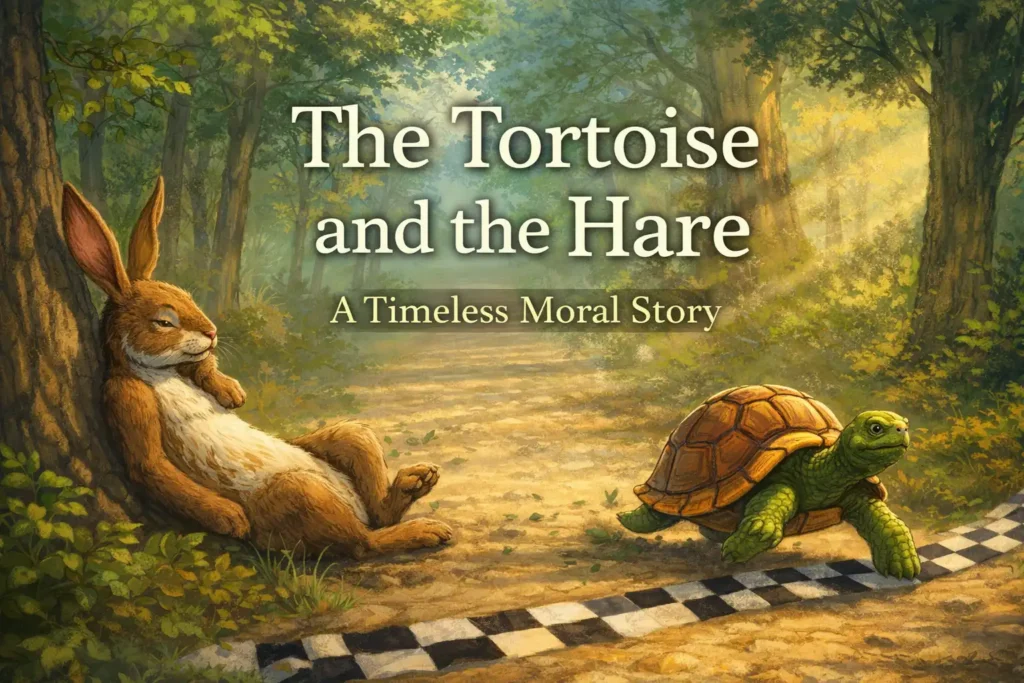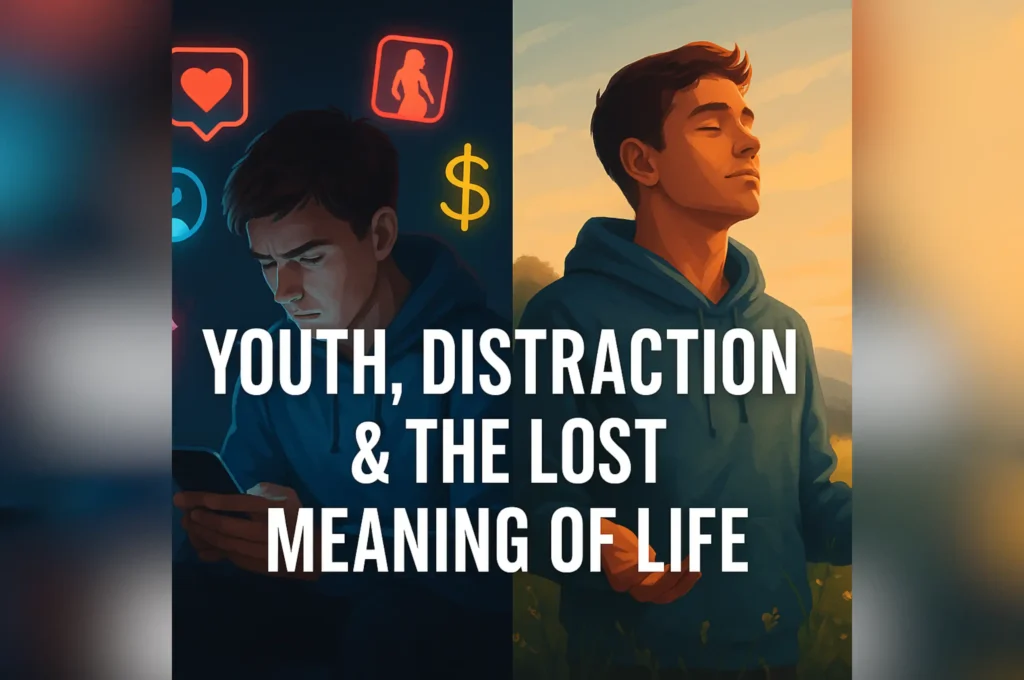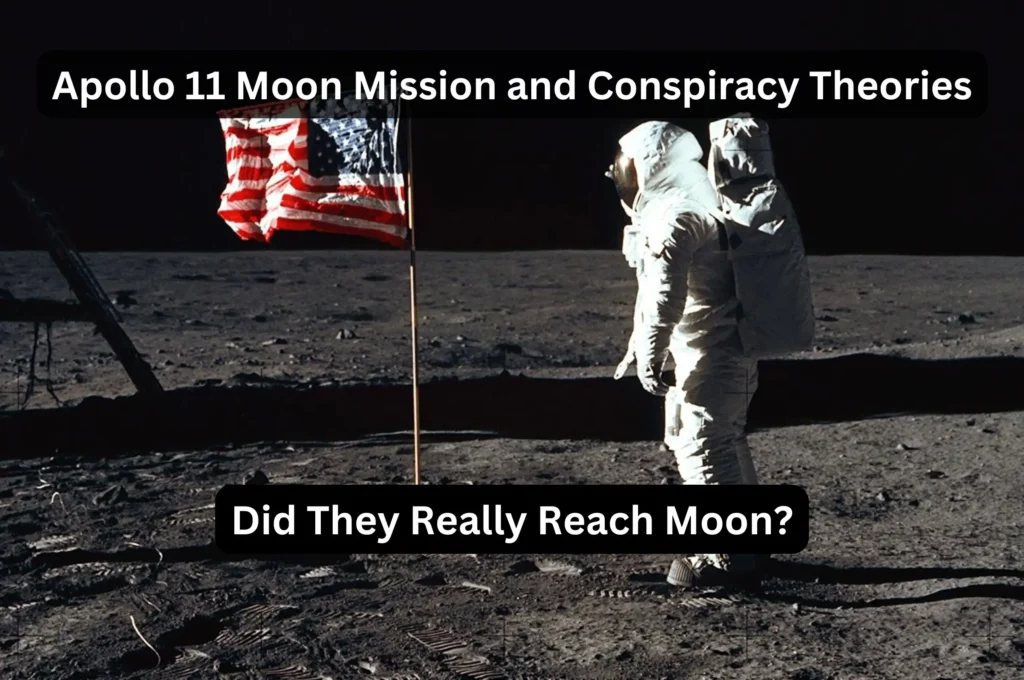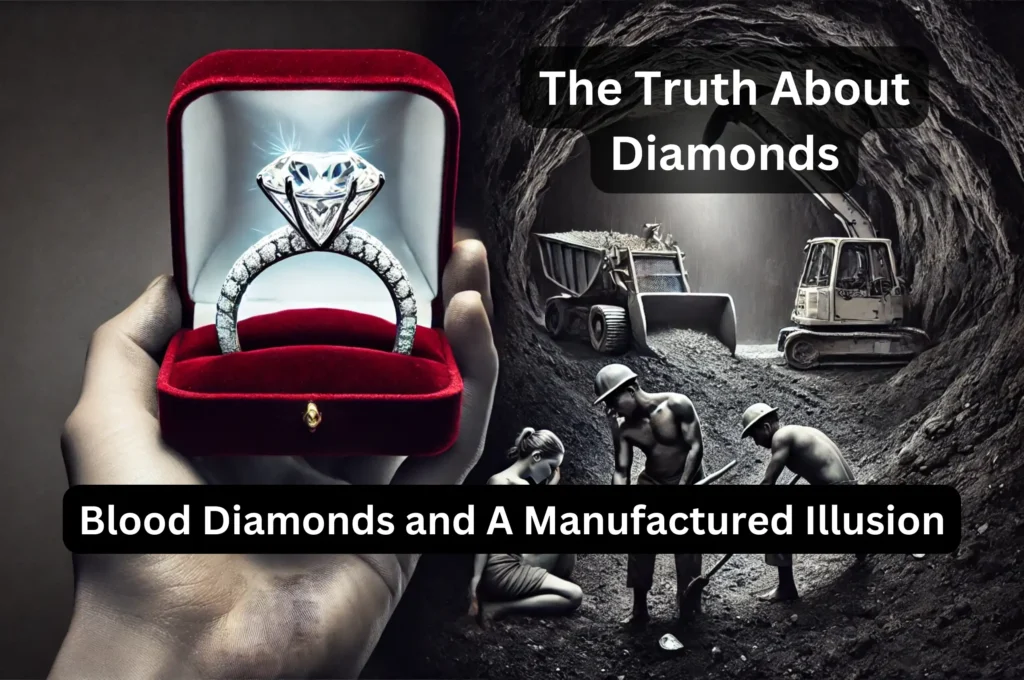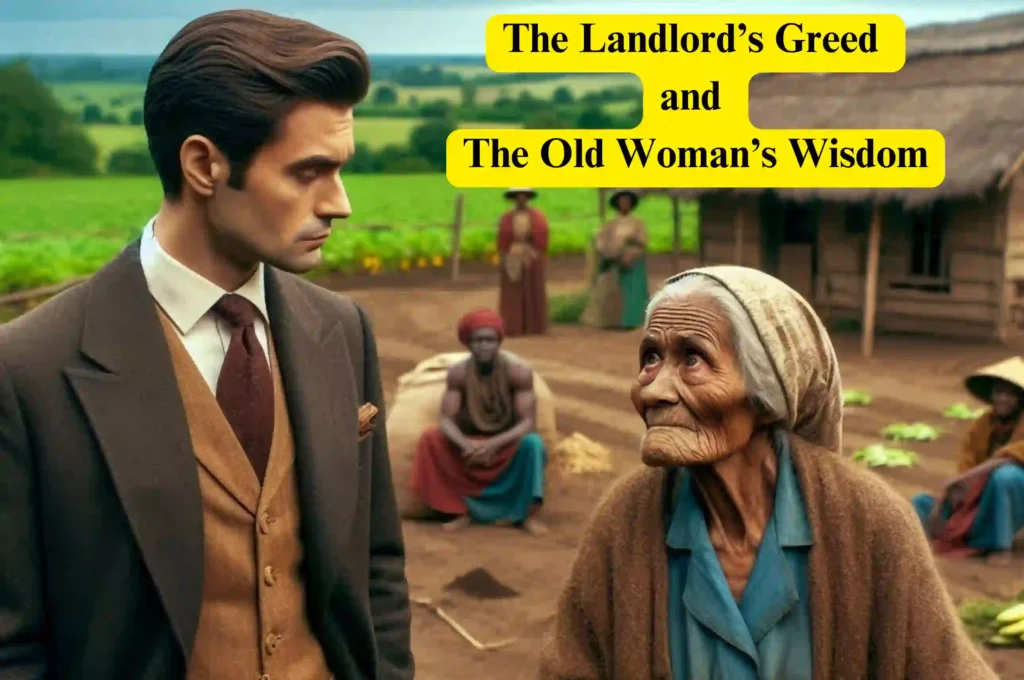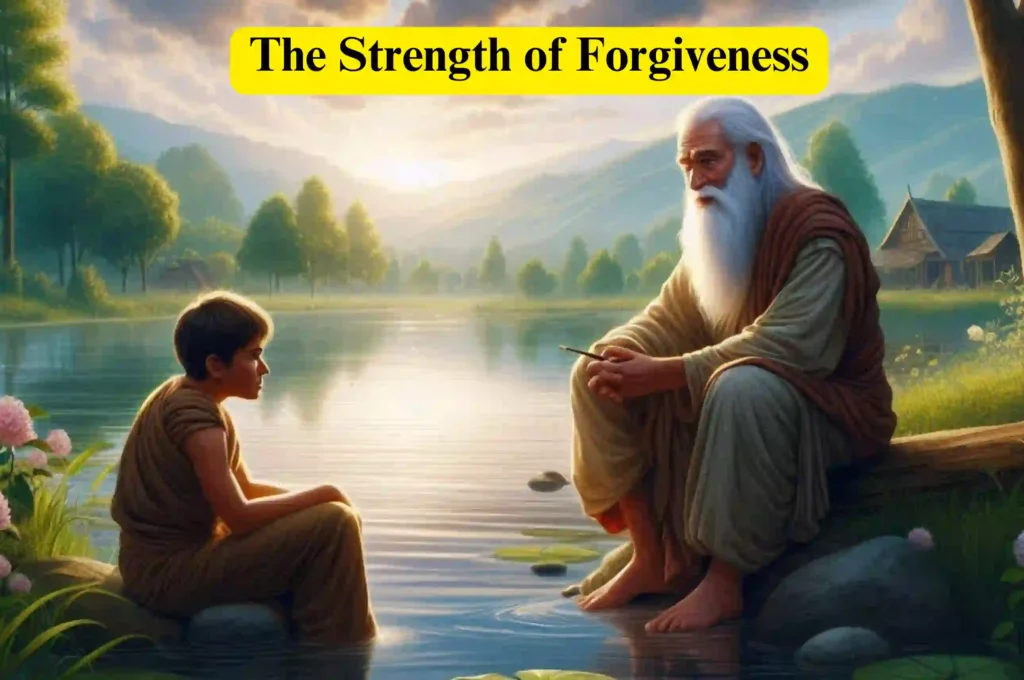11 Boomers Luxuries Vs Millennials Needs. Discover 11 things that Baby Boomers view as luxuries but Millennials consider basic necessities. Explore how generational perspectives have changed over time. Generational differences shape our perspectives on everything—from work ethics to lifestyle choices. One of the biggest divides between Boomers and Millennials is their perception of what constitutes a luxury versus a necessity. What older generations once considered extravagant, Millennials now see as basic expectations in modern life.
From air conditioning to work-life balance, the evolving economy, technological advancements, and cultural shifts have transformed the way younger generations define comfort and convenience. In this blog post, we’ll explore 11 things that Boomers may view as luxuries, but Millennials consider the bare minimum.
Explore More Interesting Posts in: General Blogs
Who are Boomers or Baby Boomers?
Baby Boomers are people born between 1946 and 1964, during the post-World War II baby boom. They grew up in an era of economic growth, traditional values, and minimal technology. Many Boomers experienced job stability, homeownership at a young age, and a more structured lifestyle compared to later generations.
Who are Millennials (Generation Y)?
Millennials are individuals born between 1981 and 1996 (sometimes extended to the early 2000s, depending on definitions). They grew up during the rise of the internet, rapid technological advancements, and major economic changes. Unlike Boomers, many Millennials faced student debt, housing crises, and job market instability, leading them to prioritize work-life balance, digital convenience, and mental well-being.
These generational differences often influence how each group perceives necessities, luxuries, and lifestyle expectations.
Here are 11 things Baby Boomers might view as indulgences that many Millennials see as essential:
11 Boomers Luxuries Vs Millennials Needs
1. Avocado Toast (and Eating Out Regularly)
For Baby Boomers, dining out was often reserved for special occasions. They grew up in an era where home-cooked meals were the norm, and spending money on restaurant food—especially something as simple as avocado toast—was seen as an unnecessary indulgence. To them, eating out frequently is a frivolous expense that could be better spent on savings or investments.
Millennials, on the other hand, see dining out as a regular part of life. With busy schedules, rising grocery prices, and the convenience of food delivery apps, eating out is often just as practical as cooking at home. Plus, for many Millennials, food isn’t just about sustenance—it’s a social and cultural experience. Grabbing brunch with friends or enjoying a well-made meal is seen as self-care rather than a luxury.
Additionally, the idea that home-cooked meals are always cheaper doesn’t hold up in every situation. With inflation driving up grocery costs, preparing a meal from scratch can sometimes be just as expensive as ordering food. For Millennials, the value of dining out goes beyond just the food—it’s about the experience, the time saved, and the social connections made.
2. Smartphones
For Baby Boomers, a phone was once just a tool for making calls. When mobile phones first became widely available, they were considered a luxury—useful but not essential. Even as cell phones evolved into smartphones, many Boomers continued to see them as expensive gadgets, often unnecessary beyond basic communication. Many still prefer traditional means of interaction, such as face-to-face conversations or landline calls, and may view constant smartphone use as excessive or even distracting.
Millennials, however, see smartphones as an absolute necessity. These devices are not just for communication—they serve as essential tools for work, banking, navigation, shopping, entertainment, and staying connected with the world. With remote jobs, digital payments, and app-based services becoming the norm, smartphones are as crucial as a wallet or a set of keys.
Unlike Boomers, who may view screen time as an unhealthy habit, Millennials rely on their smartphones to manage nearly every aspect of their lives. From scheduling appointments to online learning, smartphones are indispensable in today’s fast-paced, digital-first world. What was once a luxury is now a lifeline.
3. Streaming Services (Netflix, Spotify, etc.)
For Baby Boomers, entertainment was simple—free television with a handful of channels and radio stations provided enough content to enjoy. Cable TV was considered a premium upgrade, but even then, many Boomers saw it as optional. The idea of paying for multiple streaming subscriptions might seem unnecessary to them, especially when free alternatives like traditional TV and radio still exist.
Millennials, however, grew up in the digital age, where content is on demand. With busy schedules and changing viewing habits, they see streaming services as a necessity rather than a luxury. Platforms like Netflix, Spotify, and YouTube have replaced cable TV and radio, offering personalized entertainment without ads or rigid schedules.
Beyond convenience, streaming services also play a role in mental well-being. Whether it’s unwinding with a favorite show, listening to music during work, or watching educational content, Millennials view these platforms as essential for relaxation, learning, and staying connected to global culture. For them, paying for quality, ad-free content is a worthwhile investment, not an unnecessary expense.
4. High-Speed Internet
For Baby Boomers, the internet started as a luxury rather than a necessity. Many Boomers remember a time before the internet existed and see it as something primarily used for entertainment, casual browsing, or staying in touch with family. While they may appreciate having access to high-speed internet, it’s often viewed as a nice-to-have rather than an essential expense—especially for those who still prefer traditional methods of communication, shopping, and entertainment.
Millennials, on the other hand, see high-speed internet as a non-negotiable necessity. It’s the foundation of modern life, enabling remote work, online education, banking, healthcare access, and everyday tasks. With the rise of streaming services, smart home devices, and cloud-based work solutions, a reliable internet connection isn’t just about convenience—it’s about survival in a digital world.
For Millennials, slow or unreliable internet isn’t just an inconvenience; it can disrupt their income, education, and ability to stay connected. While Boomers may still view high-speed internet as an optional upgrade, Millennials see it as just as important as electricity or running water.
5. Gym Memberships
For Baby Boomers, staying active often meant outdoor activities, manual labor, or simple at-home workouts. Many Boomers believe that exercise doesn’t require a paid membership—walking, jogging, or doing basic exercises at home is enough to stay fit. To them, gym memberships can seem like a vanity expense, catering more to aesthetics than true health.
Millennials, however, see gym memberships as an investment in their well-being. With many working sedentary desk jobs, structured workouts are essential for maintaining physical and mental health. The gym provides access to equipment, group fitness classes, and a dedicated space to stay active—something that’s especially important in urban environments where outdoor exercise options may be limited.
Beyond fitness, gyms also serve as a mental health outlet for stress relief and self-care. Millennials are more conscious of overall wellness, including mental and physical health, and are willing to pay for resources that help them maintain a balanced lifestyle. What Boomers may see as an unnecessary luxury, Millennials view as a necessary tool for long-term health in a world where staying active isn’t always easy.
6. Regular Therapy
For Baby Boomers, therapy was often seen as a last resort—something only for those with severe mental health issues. Growing up in a time when mental health wasn’t openly discussed, many Boomers adopted a “tough it out” or “pull yourself up by your bootstraps” mentality. Seeking therapy was sometimes stigmatized, viewed as a sign of weakness rather than self-care. Many in this generation relied on family, religion, or personal resilience to deal with emotional struggles rather than professional help.
Millennials, however, have embraced therapy as a normal and essential part of self-care. With increased awareness of mental health issues like anxiety, depression, and burnout—especially in high-stress work environments—many see therapy as a preventative measure rather than a last resort. It’s not just about fixing something when it’s broken but about maintaining emotional well-being and improving overall quality of life.
In a world where work pressures, financial stress, and social expectations can be overwhelming, Millennials prioritize mental health the same way previous generations prioritized physical health. For them, therapy isn’t a luxury—it’s a tool for personal growth, resilience, and long-term emotional well-being.
7. Ride-Sharing (Uber/Lyft)
For Baby Boomers, taxis and public transportation were the standard ways to get around. Many Boomers see ride-sharing services like Uber and Lyft as an unnecessary expense, especially when cheaper options like buses, trains, or even driving yourself are available. To them, paying for a ride that could have been avoided with a little planning seems like a waste of money.
Millennials, however, view ride-sharing as a practical necessity. With rising car ownership costs, urban living, and unreliable public transit in many areas, services like Uber and Lyft offer convenience, flexibility, and safety. Ride-sharing is especially crucial for those who live in cities where parking is expensive or for those who prefer not to own a car at all.
Additionally, Millennials prioritize safety and time efficiency. A ride-sharing app can be a safer alternative after a night out, a reliable option when public transit isn’t running, or a quick way to reach a destination without worrying about parking. While Boomers may see it as an unnecessary luxury, Millennials see it as a modern solution to transportation challenges.
8. Organic Food
For Baby Boomers, food was primarily about affordability and availability. They grew up in an era where processed and packaged foods were marketed as convenient and modern. Many Boomers see organic food as overpriced and overhyped, believing that conventional produce and groceries are just as healthy. To them, spending extra on organic items seems unnecessary when they’ve lived decades eating non-organic foods without issue.
Millennials, however, prioritize health, sustainability, and food quality. With increasing awareness of pesticides, GMOs, and processed food additives, many Millennials view organic food as a way to reduce exposure to chemicals and support ethical farming practices. They are more likely to scrutinize food labels and choose products that align with their values, even if it means paying a little more.
Beyond personal health, Millennials also see organic food as a long-term investment in the environment and sustainability. They are more conscious of how food is grown, how animals are treated, and the impact of agriculture on the planet. What Boomers may see as an unnecessary luxury, Millennials consider a responsible choice for both their well-being and the future of the planet.
9. Work-Life Balance
For Baby Boomers, work was often seen as the top priority—a steady job meant security, success, and a comfortable retirement. Many Boomers grew up in a culture where working long hours was expected, and taking time off was sometimes seen as a sign of laziness or lack of commitment. The idea of “paying your dues” was ingrained, and phrases like “You’re lucky to have a job—work harder!” were common attitudes in the workplace.
Millennials, however, see work-life balance as a non-negotiable necessity. Having witnessed burnout, job instability, and shifting workplace dynamics, they prioritize mental health, flexibility, and quality of life over simply working for the sake of it. Unlike Boomers, who may have stayed in one job for decades, Millennials value jobs that allow them to maintain a sustainable and fulfilling lifestyle, even if it means switching careers or working remotely.
For Millennials, a career should support a well-rounded life, not consume it. They advocate for remote work, flexible schedules, and mental health days, understanding that long-term productivity comes from a healthy balance between professional and personal life. What Boomers may see as entitlement, Millennials view as an essential shift toward a healthier work culture in a fast-paced, modern world.
10. Student Loan Forgiveness
For Baby Boomers, the cost of higher education was significantly lower, and many were able to pay tuition with part-time jobs or minimal loans. College was seen as an investment, but one that didn’t typically result in decades of financial strain. Because of this, many Boomers believe that Millennials should be able to “pay their way” just like they did, and they often view student loan forgiveness as an unfair handout rather than a necessity.
Millennials, however, face a completely different financial reality. Tuition costs have skyrocketed, wages haven’t kept pace, and student loans have become a crushing burden that delays major life milestones like buying a home or starting a family. Many Millennials see student loan forgiveness as a much-needed correction to an economic system that has left them deeply in debt for simply pursuing an education.
To Millennials, higher education is no longer a guaranteed ticket to financial stability, and loan forgiveness isn’t about avoiding responsibility—it’s about ensuring that an entire generation isn’t held back by a broken system. While Boomers may see paying off student loans as a rite of passage, Millennials see it as a systemic issue that needs reform for a fairer future.
11. Owning a Home
For Baby Boomers, homeownership was a rite of passage—a milestone that came with hard work, saving, and financial discipline. Many Boomers were able to buy homes at reasonable prices, often with the help of stable jobs, lower interest rates, and a cost of living that made homeownership an achievable goal. They tend to see buying a house as something you earn through sacrifice and smart financial choices, rather than an unattainable dream.
Millennials, however, face a very different housing market. Skyrocketing home prices, stagnant wages, and increasing costs of living have made buying a home feel more like a luxury than a realistic goal. Many Millennials are burdened with student debt, high rent prices, and job instability, making it nearly impossible to save for a down payment.
To Millennials, the idea that homeownership is simply about “working harder” ignores the economic realities they face. Instead, they prioritize flexibility, experiences, and financial security over rushing into a mortgage they can’t afford. While Boomers may see renting as “throwing money away,” Millennials often view it as the only viable option in an economy where buying a home feels out of reach.
Conclusion: A Shift in Perspectives
The divide between Baby Boomers and Millennials isn’t just about differing opinions—it’s rooted in changing economic and social landscapes. What Boomers consider luxuries were once affordable and attainable, but today’s Millennials face a very different reality.
Why the Divide?
Economic realities have shifted drastically—Millennials face stagnant wages, soaring costs (education, housing, healthcare), and different societal expectations. What Boomers see as “luxuries” are often baseline needs for Millennials just trying to keep up.
Ultimately, both generations value financial stability, security, and well-being. However, the path to achieving these goals has changed. While Boomers could rely on traditional career and financial models, Millennials must adapt to a world where financial success requires different choices, priorities, and sometimes, a redefinition of what “luxury” truly means.






